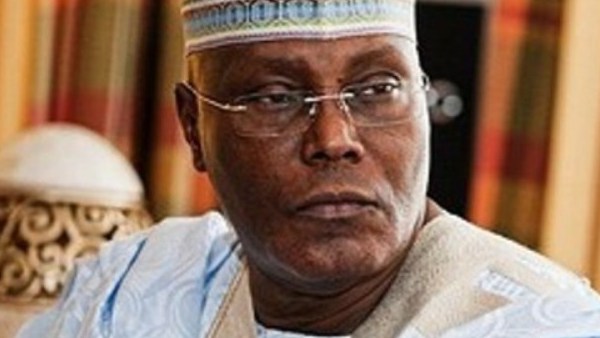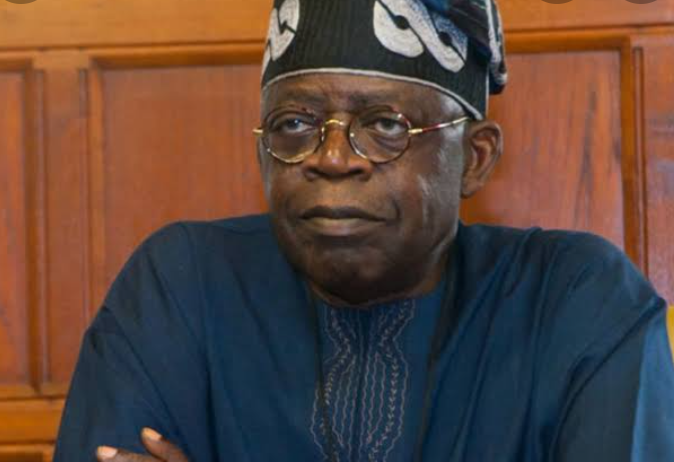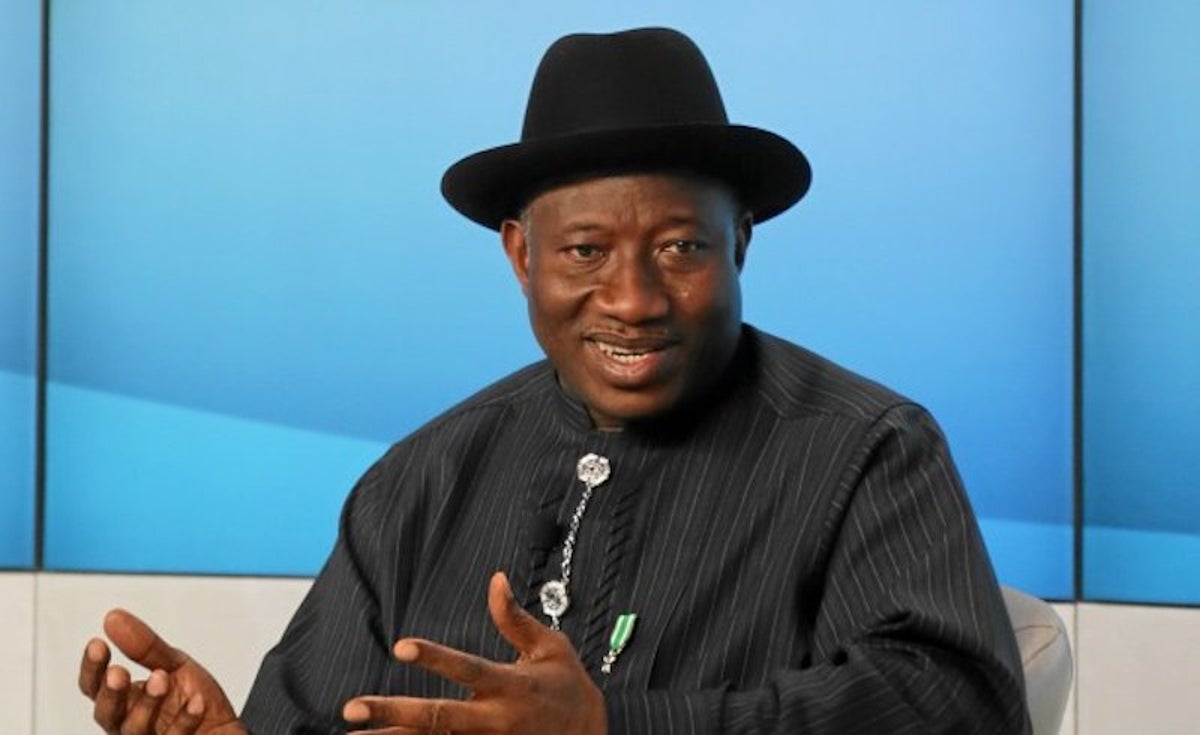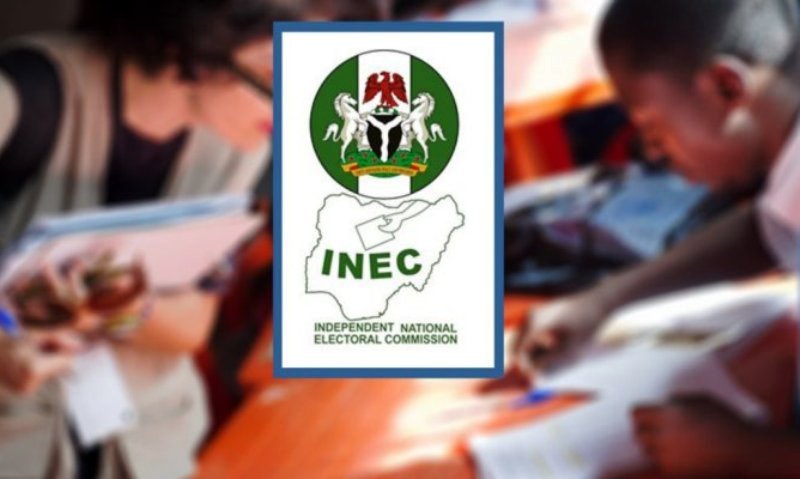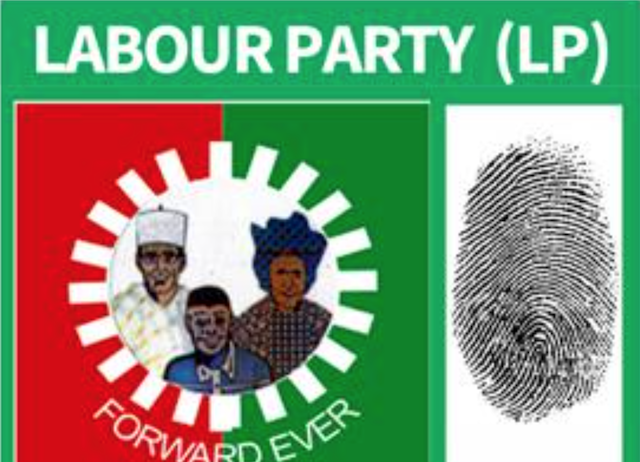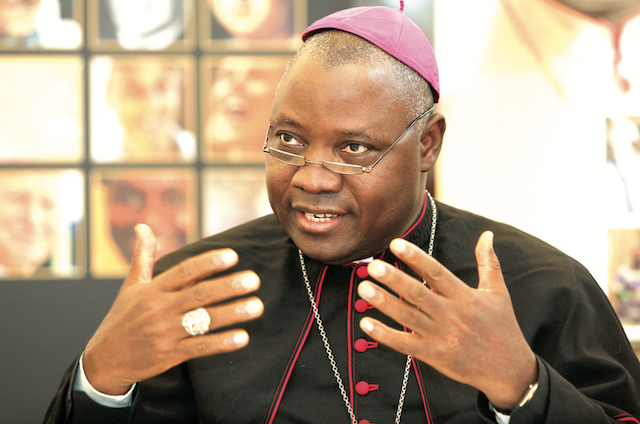Labour Party (LP) on Wednesday unveiled a 1,234-member presidential campaign council in Abuja, boasting that the party will secure at least 15 million votes in the 2023 presidential election.
Unveiling the team, the Director-General of the Presidential Campaign Council, Dr Doyin Okupe said retired Assistant Inspector-General of Police, Mr Mohammed Zarewa, would serve as its chairman.
Some of the members are Mr Oseloka Obaze, who would serve as Deputy Director-General and Campaign Manager, and Alhaji Yusuf Maitama, Deputy Director-General (North).
Also in the council are Mr Yunusa Tanko, Spokesperson and Mr Clement Ojukwu, Secretary.
Mr Denzel Ketenbe is Deputy Director-General (South); Mr Isaac Balami, Deputy Campaign Manager 1, and Mrs Eyitemi Taire, Deputy Campaign Manager 3, among others.
Okupe noted that took 12 million votes for the incumbent president to win the presidential election in 2019 and that the Labour Party already had 15 million votes on ground.
“As we begin the 2023 round of electioneering campaigns, the registered voter population figure has tripled since 2019. More than 60 per cent of the nearly 100 million registered voters today are the youths.
“This shows that there are more new voters in the voter register than old ones, and all the newly-registered voters are `OBIdients’.
“It is just for us to pray for life till the elections; we will show them. Nigeria is a youthful stream and they are ready to support all the way,’’ Okupe said.
He added that the Peter Obi and Dr Datti Baba-Ahmed LP ticket had been lovingly and organically accepted by the people of Nigeria, because of their robust and endearing records, personalities, vision, policies and promise.
Okupe said also that the most remarkable, organic, self-funded movement at the vanguard of the political temperature in present time – the New Nigeria Movement, is made up of the youth population.
He stressed that the movement had taken on a life of its own and had become an unprecedented and formidable force in Nigeria’s national equation, beyond all imagination.
He added that the ascendancy of LP’s presidential ticket to prime position in the hearts and minds of Nigerians had been fuelled by the patriotic zeal, creativity and shining example in discipline, character and decency of Obi and Datti.
“Unknown to many, a significant number of the youth and drivers of this movement are active members and supporters of the other political parties.
“These are people who could not ignore the overbearing superiority in leadership quality, personal disposition, national appeal, private and public service record, and the clear-cut expression of vision and governance solutions of Obi and Datti.
“I make bold to say while the reality is becoming clearer to everyone, that these are the people who will decide the immediate future of this country,’’ he said.
Okupe stressed that the key message of the New Nigeria Movement also known as the `Take Back Nigeria Movement’ and more popularly as `The Obidient Movement’, signposts what people should give serious attention to.
He said that this was necessary because the bedrock of democracy is peoples’ power; and the most resourceful and powerful manifestation of this is the youth segment.
He said LP had not spent a kobo to organise, influence, or secure the massive following and support it had been getting from the Obidient Movement, till date.
“We in the Obi-Datti Presidential Organisation and the Labour Party, are totally and graciously humbled by this massive adoption of our candidates, as the preferred candidates for the forthcoming election,’’ he said.
Okupe assured Nigerians that the party and its candidates would remain committed to honest, clean and issue-based engagements to turn around the fortunes of the nation.
He appealed to security agencies, the Judiciary, retired military and police officers, the middle class, civil servants, professional bodies, pensioners, the academia and religious bodies not to be complacent during elections.
“To INEC we say, this is its biggest test in recent history, and it has no choice but to act as a fair, impartial, fearless and patriotic umpire at the coming elections,’’ he said.
According to Okupe LP is fully committed and totally reenergised to making Nigeria work, and progressively develop.
“Hold us to our word, that The Labour Party presidency of Peter Obi and Datti will cut wastage, and take bold steps to move Nigeria from consumption to production.
“Within four years, the Obi-Datti administration will embark on an aggressive investment drive in practicable smart agriculture,’’ he said.
He therefore called on Nigerians to leave no PVC uncollected and also to turn out en-masse on Election Day.
The chairman of the party, Julius Abure, represented by its National Secretary, Alhaji Umar Farouk, said the party carefully compiled the campaign list to give the best to Nigerians.
“The party’s logo stands with the family and Nigeria can only be a better country when the family is united and benefiting from the leadership for the people and by the people.
“This is what we hope and pray our principal and the campaign council are going to work assiduously and sincerely to bring in a new hub for a better Nigeria that everybody is yearning for.
“These people unveiled today will make history and make Nigeria a better place where everyone will wish to stay,’’ he said.
